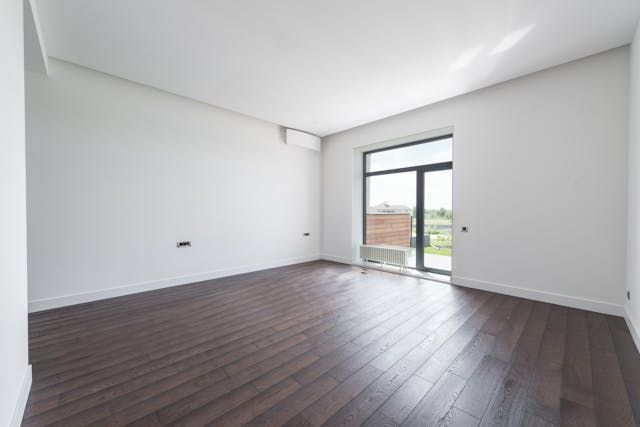Rental Property Maintenance - Do's & Don'ts

Regular property maintenance is necessary to keep the property safe, great looking and to avoid costly damages that can occur if timely property repairs are not done. It also promotes tenant satisfaction and improves the value of the rental property.
Let us understand what a rental property owner should and should not do for property maintenance.
DO’S
- Regular property inspection: This is a no brainer, but still, many rental property owners ignore conducting regular property inspections. It can delay the detection of minor damages and cause them to grow into more profound structural damages. Regular property inspections help identify damages early on and allow property owners to nip these damages in time. Plus, regular inspections motivate tenants to take better care of the property.
- Immediate resolution of maintenance issues: Delaying maintenance can elevate the problems resulting in extensive damage. These damages might become irreparable or require more expensive repair later on. For example, ignoring a pipe leakage might lead to rotten wood and mold build-up. It is also true that every maintenance issue can not be handled immediately. The best way to handle this is to understand the damage, analyze it on the priority scale, and schedule the repairs accordingly.
- Choose quality maintenance professionals: There are a lot of contractors available to perform repairs and maintain the property on an ongoing basis. It is very important that the maintenance professional is experienced, knows construction laws and has access to raw material, supplies and quality labour in the geographic location your property is. Choose someone you know and whose work you have seen. If you do not know anyone; ask for references and check out their past jobs.
DON’TS
- Don’t ignore damages done by tenants: It might be tough to identify if damage to property has been caused due to tenant’s negligence. Asking a few questions can help rental owners identify the root cause. You may be able to bill the tenant for the repairs if the tenant has been negligent.
- Don’t avoid verifying tenant complaints: Never avoid verifying a tenant’s complaint. Sometimes a tenant reports an issue and it sounds very serious. The tenant’s description might be correct, but there are instances when the tenant might be overreacting to a minor issue. Verify the reported issue to determine the appropriate action needed.
- Do not put off checking the status of maintenance tasks: Take out time to visit the property and verify if the issue has been resolved. For some issues, it may make sense to ask the tenant to accompany you in order to assure the tenant that the issue has been resolved in a proper and timely manner. It will avoid dissatisfaction and make tenants value the care shown to the tenant’s complaint.
Hiring a professional team of property managers can simplify the process. Hunter Rentals & Sales has a team of experienced property managers, property inspectors and a great maintenance team. Our team takes care of property maintenance & repairs and offers a complete property management suite of services; including rent collection, financial reporting, tenant screening, etc.
For more details on rental property maintenance, contact Hunter Rentals & Sales at 1503 W Stan Schlueter Loop, Killeen, TX – 76549 or call at (254) 634 – 3311. You can also visit
www.hunterrentals.com







